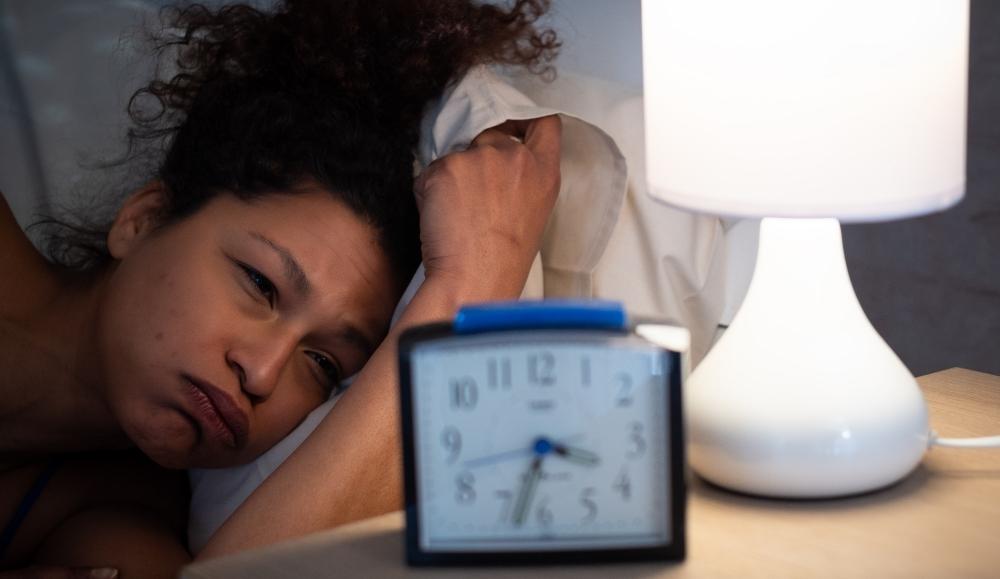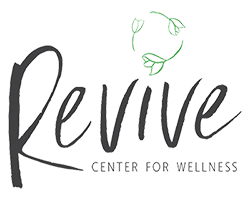These are the impacts of our “can’t sleep” activities

We’ve heard time and time again that when we don’t get enough sleep, it impacts our health: immediately the next day, days following and even in the long term (more on this later). But what about that late-night impact? You know, the time that you’re up and can’t seem to fall asleep? How are you affected that night in the hours between, let’s say 12:00am and 3:00am?
Insomnia Activities:
Shopping
We’re up and we’re up and what do we do? We pick up our phone (…we’re not endorsing this). While we may indulge in some doom scrolling, we might get into a little online shopping spree, too. A 2016 study demonstrated that impulsive actions were increased due to a lack of sleep. When “Add to Cart” turns into “Submit Order” it’s a whole different ball game. Not only can we get caught in buyer’s remorse the next day, we may put ourselves in a financial trap, too.
General phone use
One study with 369 university students in 2021, found that using electronic devices within two hours of bedtime led to poorer sleep quality. Not only that, but also it has been shown that screen time also contributes to waking up during the night. When we further delay the end to our phone use and extend it into those wee hours of the night, we perpetuate the exact problem we’re trying to avoid.
Snack-time
The idea of the “Midnight Snack” might seem like an invitation into the kitchen. However, late night snacking can result in weight gain and overall poorer metabolic function. Sleep is the ultimate digestive and if we’re awake and eating, we’re not only depriving ourselves of a properly functioning system, but we’re also putting further stress on our natural and biological bodily mechanisms. Simply put, food gives us energy, so if this energy is readily available, our sleep-wake cycle is going to shift.
Thinking
When we’re up late we’re probably wondering what’s keeping us up. Too much coffee that day? A lot to do the next day? When we get into this line of questioning, it tends to air on the side of judgment over compassion- “Why can’t I just fall asleep!?”, “I shouldn’t have had that extra shot of espresso!”, “I’m definitely forgetting to do something for tomorrow…”. A study from 2014 found that people who sleep for shorter periods of time and go to bed later often experience more repetitive negative thoughts than others. As we begin to think about the effects of this wakeful night on tomorrow, we increasingly feed ourselves with negativity and punish ourselves even further. Not the greatest bedtime story…
Try These Instead:
- Turn down the lights (dim, off, or switch to red/amber light) at least an hour before bed
- Put your phone in another room
- Leave your bed and read in your living room for a little while (remember to use a book light and/or blue light blockers!)
- Turn on a relaxing playlist or meditation 30 minutes before you want to sleep
- Adjust the temperature in your room (60-67 degrees fahrenheit)
- Start recording your sleep with our FREE sleep journal! Get it here!
Stay Well,
Catherine at Revive
LIKE THIS CONTENT?
Subscribe to our Newsletter and our Social Media pages and get an alert when new content is available!
LOCATIONS
Stamford, CT
37 Glenbrook Road, Suite 3
Norwalk, CT
148 East Avenue, Suite 2A
FLEXIBLE HOURS
Regardless of your schedule, we can find times that work for you.





